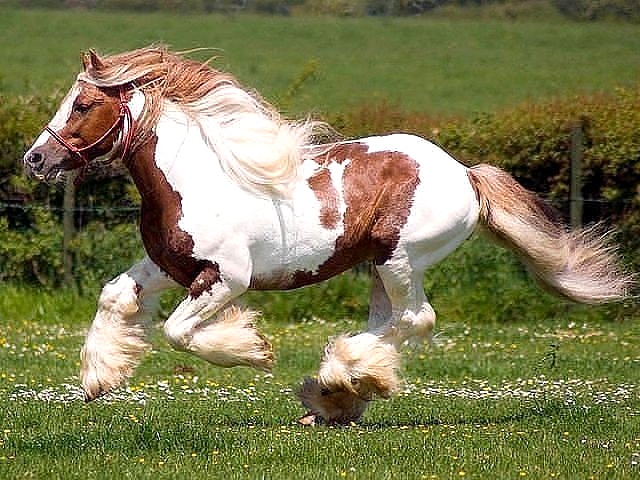Horses are one of the most popular and beloved animals on the planet. As a result, many horse owners want to provide the best possible nutrition to their four-legged companions. One of the most important components of a horse’s diet is hay, and two of the most popular types of hay are alfalfa and timothy. But which one is better for horses?
The Basics of Alfalfa and Timothy Hay
Alfalfa and timothy hay are both types of grass hay, meaning they are made from the dried, cut leaves of grasses. Alfalfa is a legume, while timothy is a type of grass. Both types of hay are rich in nutrients and have a high fiber content, making them ideal for horses.
Alfalfa vs. Timothy: Nutritional Content
When it comes to the nutritional content of alfalfa and timothy hay, there are some slight differences. Alfalfa hay is higher in protein, calcium, and energy content than timothy hay, making it an ideal choice for horses that are growing, pregnant, or lactating. Timothy hay, on the other hand, is higher in fiber and lower in protein and calcium than alfalfa hay. This makes it a better choice for horses that are prone to obesity or colic.
Alfalfa vs. Timothy: Palatability
When it comes to palatability, alfalfa hay is generally more palatable than timothy hay. This is because alfalfa has a sweeter taste, which makes it more appealing to horses. Timothy hay is also palatable, but it can have a bitter taste, which may make it less appealing to horses.
Alfalfa vs. Timothy: Cost
When it comes to cost, timothy hay is generally more affordable than alfalfa hay. This is because timothy hay is more widely available and easier to produce. Alfalfa hay is also more labor-intensive to produce, which can result in higher prices.
Final Verdict
When it comes to deciding between alfalfa and timothy hay, it is important to consider the individual needs of your horse. Alfalfa hay is higher in protein, calcium, and energy content, making it an ideal choice for horses that are growing, pregnant, or lactating. Timothy hay, on the other hand, is higher in fiber and lower in protein and calcium, making it a better choice for horses that are prone to obesity or colic. Ultimately, it is best to speak to your veterinarian to determine the best type of hay for your horse.

